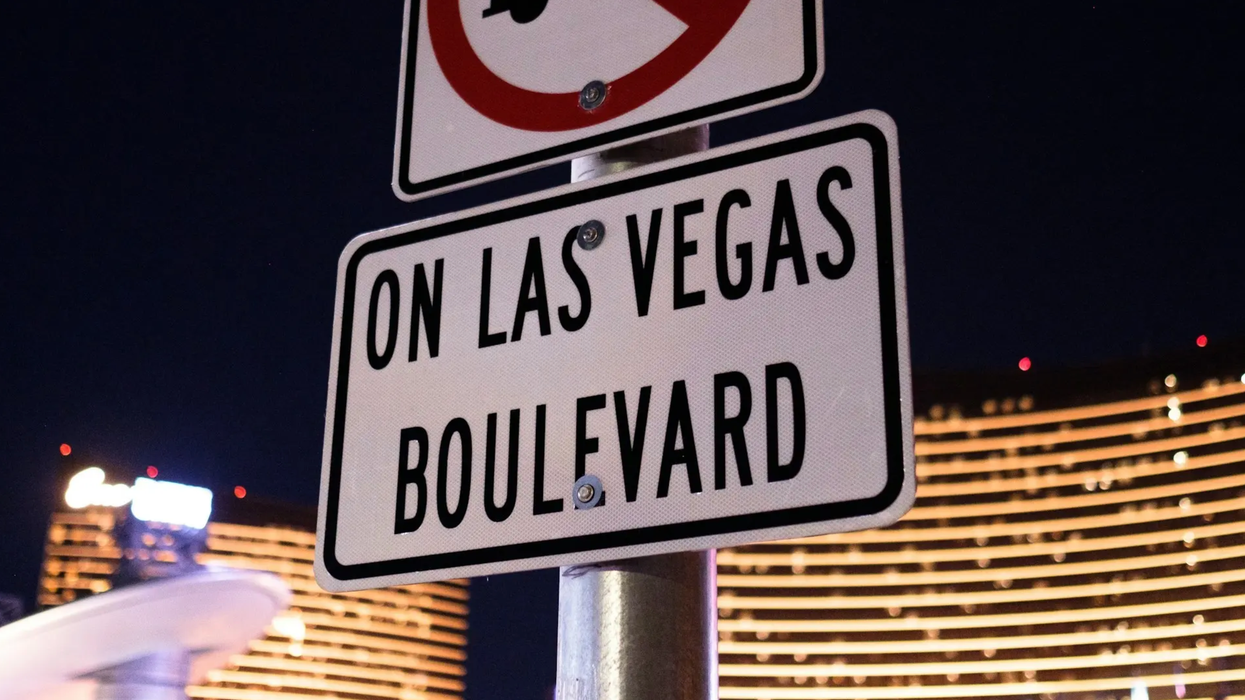CARSON CITY, NEV. - A surprise last-minute bill to open primary elections to Nevada’s largest voting bloc, registered unaffiliated voters, moved quickly through the state legislature and was approved by a majority of lawmakers on the last day of the legislative session Monday.
The bill, AB597, allows voters not registered with a political party to pick between a Republican and Democratic primary ballot in future election cycles. It does not apply to the state’s presidential preference elections, which would remain closed to registered party members.
It was a long day for reform advocates as they waited late into the night for AB597 to come up for a final vote. Sponsored by Assembly Speaker Steve Yeager, the bill was introduced on May 26, approved by the House on May 30, and moved to the Senate on May 31.
The final vote in the Assembly was 27-15. The final vote in the Senate was 12-9.
“This is a bill that strengthens our democracy and brings our elections closer to the people that we are meant to serve,” Yeager said during a joint meeting of the Assembly and Senate committee on legislative operations and elections on Thursday.
It also seems clear that the near passage of Question 3 in November had a lasting impact. Yeager described his bill as a “pushing back” to the initiative, and said reformers will continue to try to exploit the issue of closed primaries “to fool around” with state elections.
“The dam is going to break one way or another. The question is: Are we going to be part of the process?” He said, implying that primary reform was inevitable. If it wasn’t approved by the legislature, a citizen initiative campaign would no doubt succeed in the future.
Registered unaffiliated voters make up roughly 35% of the state’s 2.13 million registered voters. They outnumber registered Democrats and Republicans (who each make up 29% of the electorate) -- yet they are denied equal access to the public elections process.
Notably, Yeager amended his bill to stipulate that unaffiliated voters who vote by mail must request a party’s ballot by the 7th Monday before primary election day. If we used last year’s June 11 primary as an example, the deadline would have been April 23.
Voters who fail to meet the deadline will have to vote in person.
Question 3 Lost, But Did Lawmakers Still Feel the Pressure for Reform?
Yeager opposed Question 3 in 2024, which would have implemented a nonpartisan primary open to all candidates and voters, regardless of party, and advanced the top 5 candidates to the general election where voters could use ranked choice voting to pick a majority winner.
The initiative was similar to the Top 4 system approved by a majority of voters in Alaska in 2020 and then protected by a majority of voters again in 2024.
In Nevada, Question 3 needed to be approved by voters in 2 consecutive elections in order to become law since it would have made changes to the state’s constitution. A 53% majority voted for it in 2022, but the same percentage rejected it in 2024.
It was strongly opposed by both political parties, who would have lost control of taxpayer-funded primaries as well as their outsized influence over election outcomes (especially considering that neither party can boast having the most voters in the state).
AB597 offers more limited reform. It gives unaffiliated voters access to non-presidential primary elections, but they have to choose between a Republican and Democratic ballot and can only pick from the candidates on that ballot.
It is similar to the semi-open primary system signed into law in New Mexico earlier this year.
The bill does not offer the same freedom of choice as Question 3, but it does open doors to critical elections that were previously closed to independents. And as far as reformers are concerned, it is a step in the right direction.
“To protect civil rights in Nevada, every eligible voter must be empowered to participate fully in all publicly financed elections,” said Sondra Cosgrove, executive director of Vote Nevada – which advocated for Question 3.
“It is encouraging to see that so many of our legislators, and we hope the governor, also share this view through their support of Assembly Bill 597,” she added.
It is unclear whether the governor will sign the bill into law. The Democratic majority in the legislature and Nevada Secretary of State Cisco Aguilar, a Democrat, have shown support and got it through the legislative process.
However, the state’s Republican Party strongly opposes it. In response to the bill being introduced in the legislature, Nevada Republican Party Chair Michael McDonald simply tweeted “NOPE.” The state’s governor, Joe Lombardo, is a Republican.
McDonald later elaborated and said unaffiliated voters "do not need, nor should they be allowed, to interfere in Republican or Democrat primaries” and accused state lawmakers of trying to overturn the will of voters.
No matter what action the governor takes, Cosgrove said AB597 is not the end of the conversation for reform advocates in Nevada.
“As we celebrate the legislative passage of AB597, supporters of Ballot Question 3 are ready to continue working to ensure that our election processes are fair, open, and genuinely reflect the needs of the people,” she said.
Independent Voters Just Got Power in Nevada – if the Governor Lets It Happen was originally published by Independent Voter News and is republished with permission.
Shawn Griffiths Is An Election Reform Expert And National Editor Of IVN.us.




















Trump & Hegseth gave Mark Kelly a huge 2028 gift